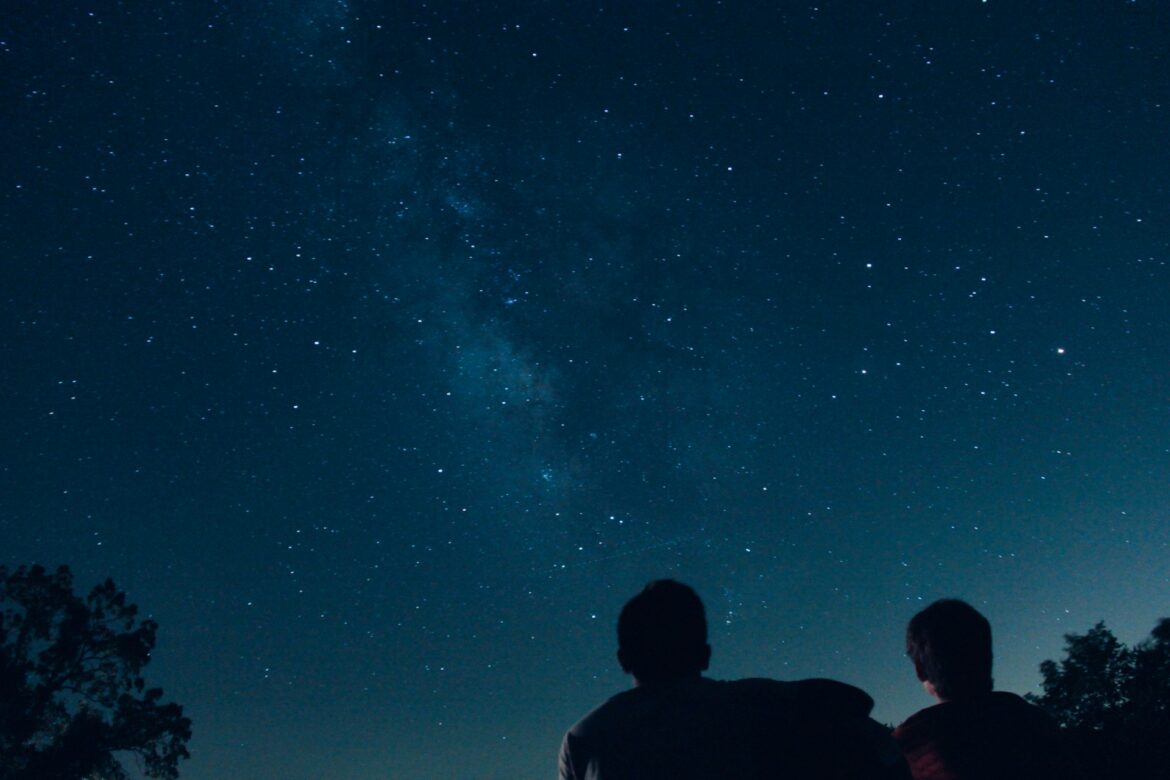Latvia, with its vast natural landscapes and low population density, is an exceptional destination for dark sky tourism. As urban light pollution grows in other parts of Europe, Latvia stands out as a place where the night sky remains pristine and awe-inspiring. For travelers seeking a celestial escape, the country offers some of the most enchanting stargazing experiences in the Baltics.
Why Latvia is Ideal for Stargazing
One of Latvia’s greatest assets is its abundance of forests, wetlands, and countryside areas that are virtually untouched by artificial light. Over half of the country is covered in forest, and the rural nature of many regions makes it easy to find spots far from city lights. The northern latitude also means long nights in winter, providing excellent conditions for viewing constellations, meteor showers, and even the occasional aurora borealis.
Key Advantages:
- Low levels of light pollution compared to Western Europe.
- Accessible wilderness areas and national parks.
- Clear skies during cold months, especially in autumn and winter.
- A rising interest in eco-tourism and nature preservation.
Top Places for Dark Sky Viewing in Latvia
1. Slītere National Park
Located in the far northwestern corner of Latvia, Slītere National Park is known for its wild nature and remoteness. The park has minimal light interference, making it a top destination for amateur astronomers and night photographers.
2. Ķemeri National Park
Close to the capital but still shielded from heavy light pollution, Ķemeri offers raised bogs and wooden walking trails perfect for nighttime exploration. Its natural tranquility and open skies make it a favorite among locals.
3. Lake Engure Nature Park
This lesser-known nature park near the west coast features birdwatching towers that double as great night sky viewpoints. The open surroundings offer a panoramic celestial canvas.
4. Vidzeme Highlands
In northeastern Latvia, the Vidzeme Highlands provide elevation and distance from urban centers. It’s an excellent region for seeing star clusters and planetary alignments.
5. Rāzna National Park
Located in the Latgale region, Rāzna National Park offers vast open landscapes, lakes, and low population density. The park’s remoteness and elevated terrain create ideal conditions for unobstructed views of the stars. Its namesake lake, Lake Rāzna, reflects the night sky beautifully—perfect for astrophotographers.
6. Tērvete Nature Park
In southern Latvia, Tērvete Nature Park is primarily known for its fairytale-themed trails and dense pine forests. However, areas within the park are free from light pollution, offering peaceful and immersive stargazing spots—especially outside of peak tourist hours.
7. Pape Nature Park
Situated along the Baltic coast, Pape Nature Park combines dark skies with the soothing sounds of waves. The sea horizon provides a unique backdrop for watching celestial events like meteor showers or full moons rising over the water. It’s a tranquil option for stargazers who enjoy coastal settings.
8. Zvārtavas Castle Grounds
In the northern region of Alūksne, Zvārtavas Castle and its surrounding grounds provide not only historical charm but also a dark sky environment. The remote countryside and open fields nearby are ideal for setting up telescopes away from artificial lights.
Planning Your Stargazing Trip
For the best experience, aim for a new moon phase when skies are darkest. Autumn and winter are ideal due to clearer skies, though spring can also offer good visibility. Dress warmly, bring a telescope or binoculars, and check local weather forecasts before heading out. Apps like Stellarium or SkyView can enhance your experience by helping identify constellations and planets.
Helpful Tips:
- Choose a moonless night for minimal sky brightness.
- Avoid areas near highways or large towns.
- Bring red-light flashlights to protect your night vision.
- Pack a thermos and blanket for extended viewing comfort.
University of Latvia Observatory: Stargazing in Riga
If you’re in Riga and craving a stellar experience, the University of Latvia Astronomy Tower offers accessible city-based stargazing evenings with surprisingly excellent views.
The Astronomy Tower, situated at Raiņa bulvāris 19, opens to the public every Monday and Thursday evening from October to March—clear skies permitting. Climbing its rooftop provides access to a 20 cm telescope that reveals the Moon, planets, double stars, nebulae, and galaxies. Guides from the UL Institute of Astronomy and the local astronomical society offer expert commentary during observation sessions.
Visitor Highlights:
- Demonstration nights twice weekly without reservation.
- Telescope access valued at just €2 for adults (€1 for students, seniors, pensioners; free for UL students).
- Visitors can witness comets, lunar eclipses, and planet alignments.
- Sessions led by astronomy experts and UL volunteers.
This observatory is ideal for anyone staying in the city—families, tourists, or students seeking a quick and memorable view above Riga without traveling miles for darkness.
The Future of Dark Sky Tourism in Latvia
As interest in sustainable and off-the-beaten-path travel grows, dark sky tourism in Latvia is gaining traction. Some parks and rural guesthouses are starting to market themselves as stargazing destinations, and there’s potential for Latvia to become a recognized dark sky reserve region.
With its unspoiled skies and natural charm, Latvia is positioning itself as a hidden gem for night sky lovers. Whether you’re an amateur astronomer, a romantic couple, or a nature photographer, the Latvian night sky offers something magical for everyone.

